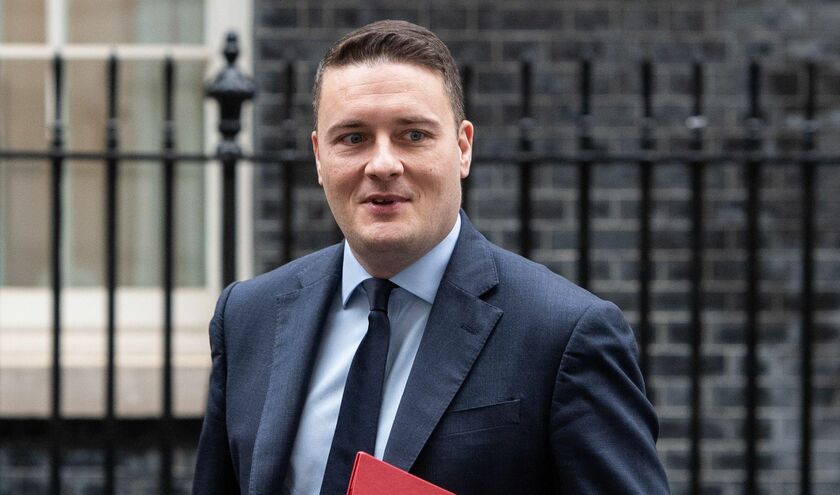Writing in The Times Streeting said NHS productivity was a ‘serious problem for our economy, the public finances and the sustainability of the health service'.
The health secretary said the public was ‘paying more and getting less' from the NHS as a 17% growth in hospital staff between 2019-20 and 2023-24 had produced just a 4% rise in elective treatments.
Streeting said the Darzi investigation had highlighted how the NHS had increased labour relative to capital while every other industry had improved productivity by doing the opposite.
He said the chancellor had invested over £13bn in health and care capital to address the imbalance.
The health secretary promised to go ‘further and faster on NHS productivity'. He highlighted that raising productivity to the top performers would create an additional £20bn and vowed new league tables would ‘soon hold providers properly to account, with incentives and tough interventions to lift up the laggards'.
NHS England's projections of annual productivity gains of 2% by 2028-29 have been described as ‘unconvincingly optimistic' by the Public Accounts Committee.
The Health Foundation has warned missing the productivity target could cost the NHS £13bn.
Anita Charlesworth, senior economic advisor and co-chair of The Health Foundation's NHS productivity commission, said: ‘Currently, we don't have a health and care system that is well positioned to drive the level of productivity growth that is required, and it needs to be a focus of the ten-year plan.
‘It is important to note that the productivity challenges are not the fault of people working in the NHS. Improving productivity requires capital investment to modernise services and allow the NHS to make the best use of new technology. Alongside this, effective leadership and management is essential to drive meaningful, sustainable change.
'There is a significant risk that the changes to NHS England and ICBs could lead to instability and a loss of talent, making it more challenging to implement the necessary productivity improvements.
‘Time will tell whether the time and energy spent reorganising NHS structures could have been better used. The future of the NHS depends on investment that improves the quality and efficiency of its management, staff and services, thereby meeting the ever-growing demand for care.'
Matthew Taylor, chief executive of the NHS Confederation, said: ‘NHS leaders and their teams have been working incredibly hard to cut waiting lists and improve productivity. But one of the biggest barriers to achieving this is the health service being starved of capital funding for more than a decade.
‘As Lord Darzi highlighted in his report, this lack of capital funding has led to a £37bn shortfall. This has left the health service having to deal with crumbling buildings, out of date equipment and a lack of digital infrastructure. We know that these factors make it difficult to provide the most efficient care to patients, and our members tell us that additional capital investment is vital to unlocking greater productivity.
‘Our recent discussion paper concluded that several options are going to be needed in order to raise capital, including shared investment models with private capital. We hope that private sector investment could free up public capital to concentrate on tackling the NHS's £13.8bn maintenance backlog.
‘NHS staff are also delivering on the shift from hospital to community. Measuring elective activity only tracks acute hospital productivity, so vital preventative work in community and primary care will not be captured in the statistics.'



